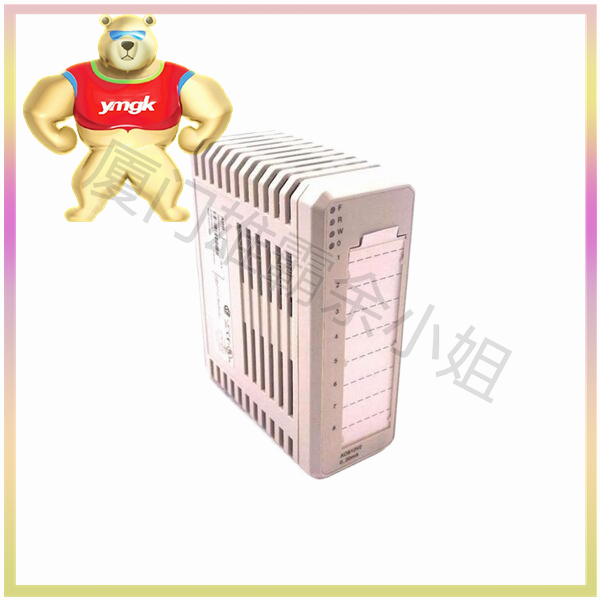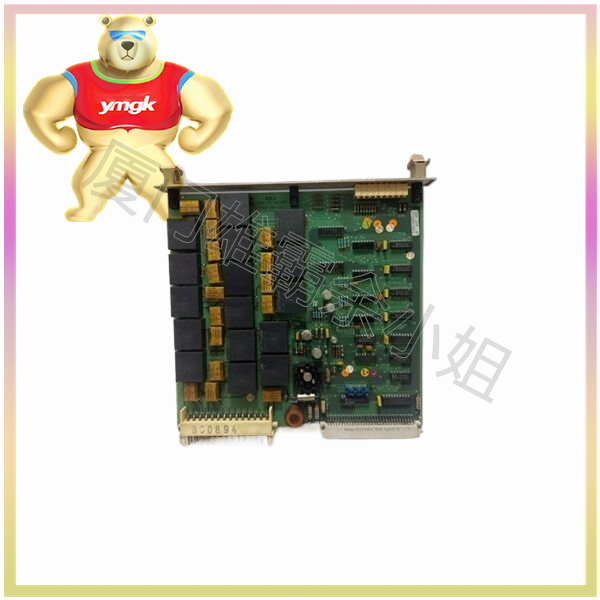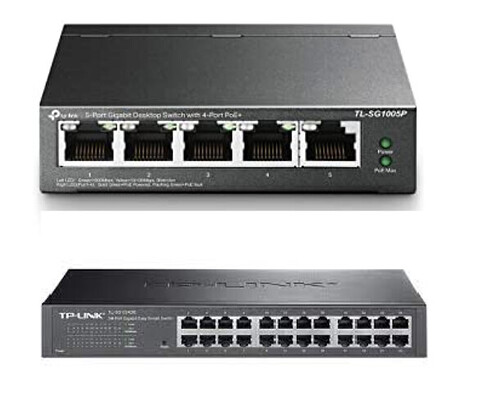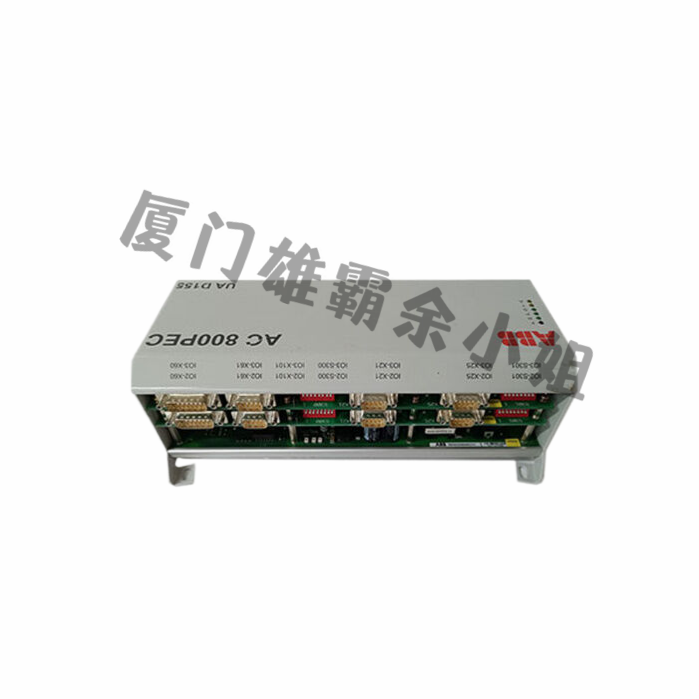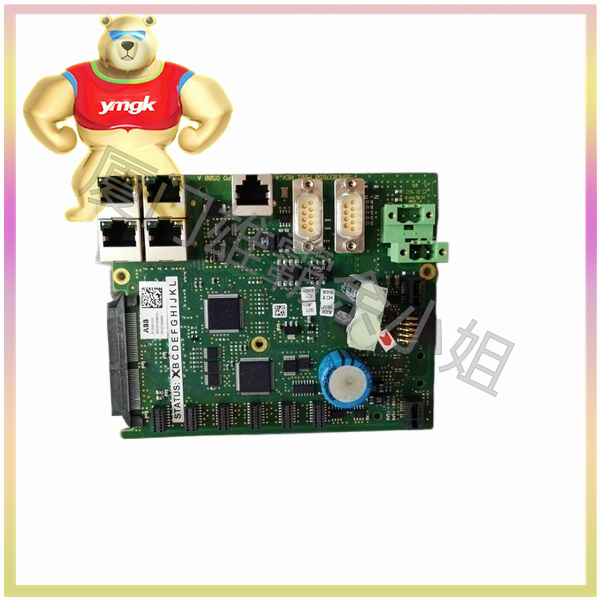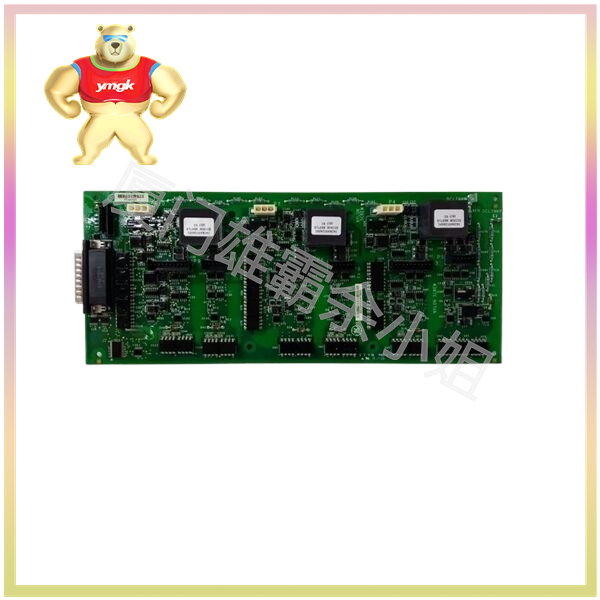Working principle and application of module power supply
Modular power supply, also known as switching power supply, is an electronic device that can convert input power into stable output voltage or current to provide power to other electronic devices. Its working principle mainly involves components such as switching tubes, inductors, capacitors, and control circuits.
The working principle of module power supply is very complex. After the input power enters the module power supply, it is first filtered through the input filtering capacitor to remove electromagnetic interference and noise from the input power supply. Afterwards, the alternating current is converted into direct current through a rectification circuit, and the electrical energy is stored through inductive components. Next, through the fast switch controlled by the switching tube, the electrical energy of the inductive element will be released into the load circuit during the switching action to supply stable output voltage or current. Finally, smoothing is performed through the output filtering capacitor to eliminate ripple in the output power supply and achieve the desired stability.
The application of modular power supply is very extensive. It can be applied to various electronic devices, such as computers, mobile phones, televisions, medical equipment, industrial equipment, etc. Modular power supplies have several advantages that make them widely used in various fields.
Firstly, the module power supply has high efficiency. Due to its use of switch conversion principle, it reduces energy loss and improves conversion efficiency during the process of electrical energy conversion. Therefore, compared to traditional linear regulated power supplies, it can be more energy-efficient when outputting the same power.
Secondly, the module power supply has good stability. Due to the feedback control system used in the module power supply, the switching action of the switch tube can be adjusted in a timely manner according to the changes in output voltage or current, thereby maintaining the stability of the output. This enables the module power supply to adapt to different load changes and input voltage fluctuations, ensuring that the output voltage or current is within the specified range.
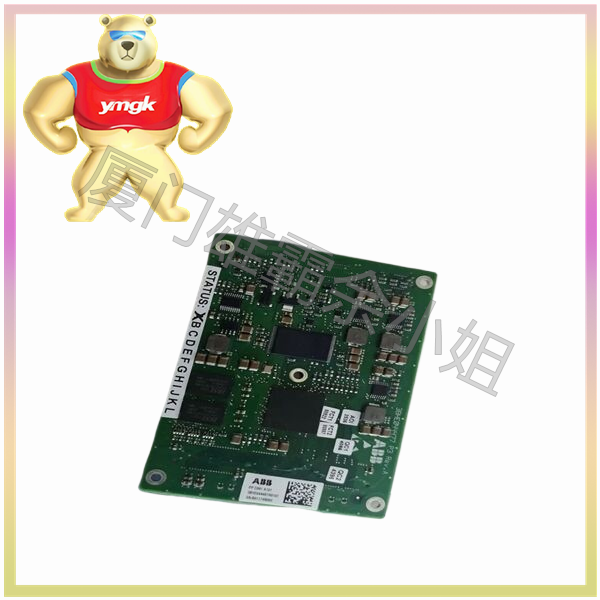
In addition, the module power supply has a small volume and light weight. Compared to traditional linear regulated power supplies, modular power supplies adopt more advanced circuit design and component selection, making the entire power supply more compact, smaller in size, lighter in weight, and convenient to carry and install.
Finally, the module power supply has multiple protection functions. It is usually equipped with overcurrent protection, over temperature protection, short circuit protection, overvoltage protection and other protection circuits, which can timely cut off the output in case of abnormal situations to protect the safety of the load and the power supply itself.
In summary, a module power supply is an electronic device that can convert input power into a stable output voltage or current. It provides advantages such as high efficiency, good stability, small size, light weight, and multiple protection functions through the cooperation of switch tubes, inductors, capacitors, and control circuits. Therefore, modular power supplies have broad application prospects in various fields.

